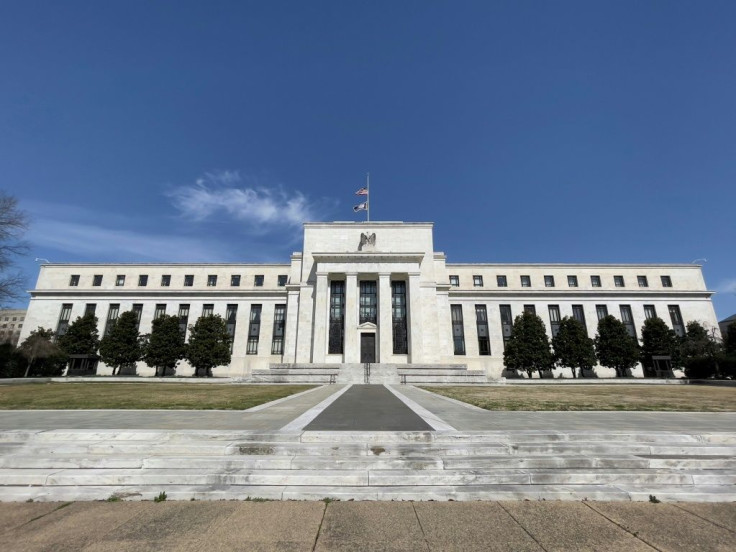Economists Agree That A Recession Is Inevitable In 2023
Economists agree that a recession is in the near future and that most people will feel the effects in early 2023.
Economists forecast that the Federal Reserve's interest rate policies will trigger the recession, even though the central bank helped bail out the last two economic downturns.
Mark Zandi, the chief economist at Moody's Analytics, told CNBC Thursday that he believes the Federal Reserve will be able to avoid a recession by temporarily raising rates to prevent deterring potential growth.
"Historically, when you have high inflation, and the Fed is jacking up interest rates to quell inflation, that results in a downturn or recession," said Zandi.

"Usually, recessions sneak up on us. CEOs never talk about recessions," continued Zandi. "Now it seems CEOs are falling over themselves to say we're falling into a recession. ... Every person on TV says recession. Every economist says recession. I've never seen anything like it."
Any recession is considered by economists to usually last two financial quarters or more. The National Bureau of Economic Research (NBER) determines if a recession is, in fact an actual downturn depending on how deep the slowdown is, how it affects multiple industries, and how long it is projected to last.
The NBER Business Cycle Dating Committee, which ultimately decides if a recession is happening for all economists, defines a recession as "a significant decline in economic activity that is spread across the economy and that lasts more than a few months." The variables the committee typically tracks include employment, real personal income minus government transfers, industrial production, and various forms of actual consumer spending.
"I'm hoping for a short, shallow one, but hope springs eternal," said Diane Swonk, chief economist at KPMG, told CNBC. "The good news is we should be able to recover from it quickly. We do have good balance sheets, and you could get a response to lower rates once the Fed starts easing. Fed-induced recessions are not balance sheet recessions."
The amount of time policymakers will be able to hold interest rates at high levels remains unclear. Traders in the futures market expect the Federal Reserve to begin cutting rates by the end of 2023. However, according to Reuters, the Federal Reserve will cut rates starting in 2024.
Earlier this month, the CNBC|SurveyMonkey Small Business Survey said that half of the small business owners are currently experiencing a recession and another 9% expect a recession to occur before the end of 2022. However, this expectation changes after a downturn have been forecasted for 2023, up from 25% last quarter, with most expecting the recession to hit in the first half of 2023.
© Copyright IBTimes 2025. All rights reserved.




















